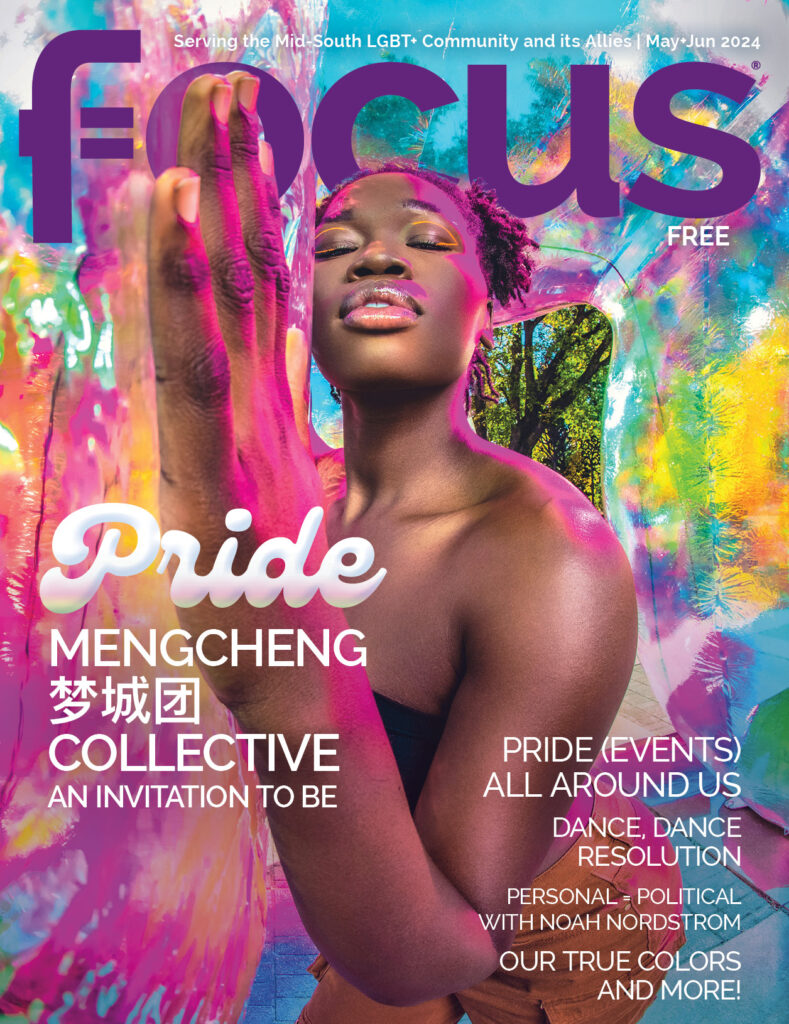By Laura Valentine
Activism in the early days of AIDS was not for the faint of heart. When this cunning disease began taking his friends; when his funeral suit became thread-bare from attending multiple services a week; when there was no help from the government or the medical and pharmaceutical industries, faith communities or birth families, Phil Michal Thomas knew it was time for action.
Anger over the unprecedented loss of so many people he loved and the overwhelming sense of powerlessness was a great motivator to join the ranks of the AIDS Coalition to Unleash Power (ACT UP) and take to the streets, demanding action to stop HIV in its tracks.
Thomas recalls a demonstration where a human chain was formed around First Baptist Church in north Atlanta after Pastor Charles Frazier Stanley equated HIV/AIDS to “God’s punishment” for being gay.
“We knew we might get arrested,” he recalled, “but we were willing to put our liberty and our lives on the line to raise awareness and secure the help needed to combat a cruel disease.”
He tempered the anger with a sensitivity not only for People Living with HIV/AIDS (PLWHA) but for persons of color who have a dual identity between the LGBT+ community and their community of origin, both of which carry
“Sitting in planning meetings for numerous organizations, I would look around and realize mine was the only black face at the table,” Thomas said.
Although he invited his friends to get involved, they were too paralyzed by fear of being outed in their community to participate. It was painful to be ostracized by his own community because he dared to be an out, gay, black man. Then and now, the gospel of homophobia is still preached by some churches in the African-American community and there’s a very real danger of physical violence if “you are to act on your sexuality,” Thomas confides.
He credits programs like BWMT/Black and White Men Together (Atlanta) Brothers United (Nashville) and My House (Nashville) with creating a safe haven for gay, bisexual and transgender men to congregate and be themselves without fear. He credits strong, dynamic, forward-thinking men like Matt Milton (Tenn. State Health Department), Dwayne Jenkins (Nashville CARES) and John Hughes with inroads being made to unite all communities of origin who identify as LGBT+.
“The legacy of so many who died of complications from AIDS is being diluted as time marches on,” Thomas said.
With his novel, Panels, he is doing his part to make sure the legacy of their fight stays alive.
The idea of the book was sparked on a bus ride to the Second Annual March on Washington for Gay and Lesbian Rights in 1987. Several friends asked him to chronicle their stories as testimony to the battles they had with HIV and AIDS.
“It felt right to leave a memorial of lives that reflected the unvarnished truth about the struggles and ultimate release,” Thomas said.
Asked if there’s a tenet by which he lives, Thomas reflected and said, “Regardless of what negativity is around us, there is still good and we can work together to overcome hurdles.”
PHIL MICHAL THOMAS’ BOOK, ‘PANELS’
You can purchase Thomas’ book on Amazon and it is available on Kindle Unlimited. For more information, visit philmichalthomas.com.


